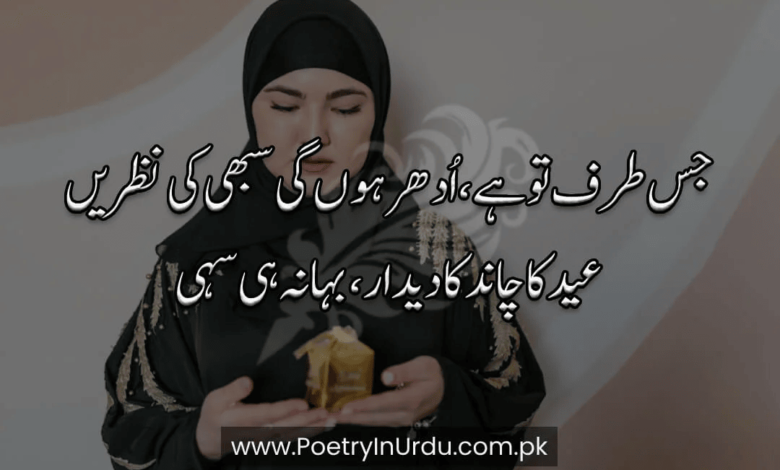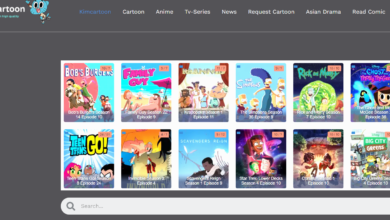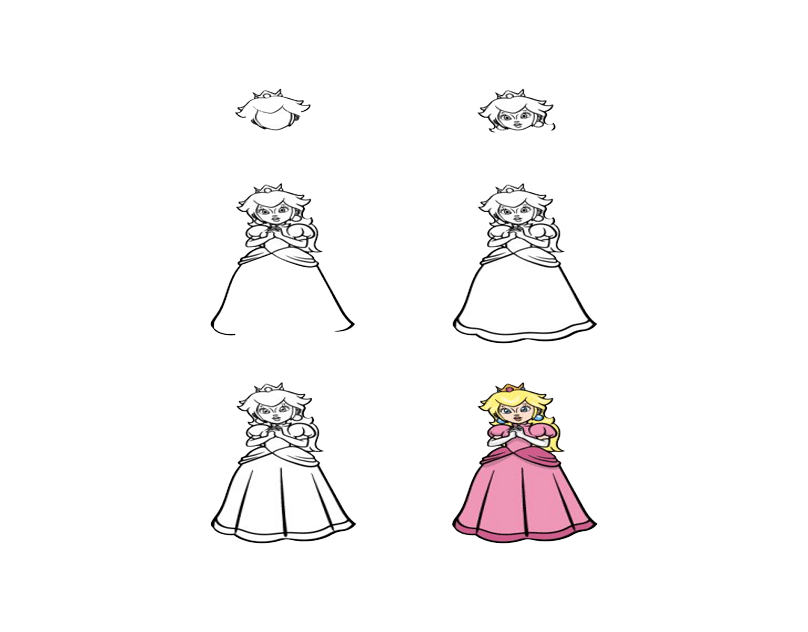The Timeless Elegance of Urdu Poetry

Urdu poetry occupies a deeply cherished place in the hearts of millions worldwide. Revered for its emotional depth, eloquent expressions, and musicality, it has endured through the ages. From the classical ghazals of poets like Mirza Ghalib and Allama Iqbal to the modern shayari that circulates across social media platforms, the tradition of Urdu poetry continues to captivate readers and listeners alike. Let’s delve into the enduring beauty, rich history, and distinctive features that make Urdu poetry a beloved art form.
A Literary Legacy
Rooted in the traditions of Persian and Arabic literature, Urdu poetry also reflects the cultural richness of South Asia. It flourished significantly during the Mughal Empire, particularly in the royal courts, where poets showcased their works in mushairas (poetry recitations). Over time, Urdu poetry has evolved into a voice for love, spirituality, loss, social commentary, and the exploration of human experience, resonating deeply across generations.
Various forms of Urdu poetry have emerged, each with its unique characteristics:
Ghazal: A collection of couplets that explore themes of love, heartache, and longing. The ghazal remains the most iconic form of Urdu poetry.
Nazm: A structured poem that often addresses themes of social change, patriotism, or personal reflection.
Rubaiyat: Four-line stanzas, typically with reflective or philosophical themes.
Qasida: An ode, traditionally written in praise of someone or something, frequently associated with royal courts.
Marsiya: A poetic form of lament, especially used to remember tragic historical events like the Battle of Karbala.
The Melody of Language
One of the most enchanting aspects of Urdu poetry lies in the language itself. Urdu is known for its soft, lyrical qualities, with words that evoke vivid imagery and deep emotion. Its refinement allows poets to convey complex feelings with subtlety and grace. Through beautiful phrasing, Urdu poetry creates a delicate yet powerful tapestry of emotions.
Consider this famous couplet by Mirza Ghalib:
“Dil hi toh hai na sang-o-khisht, dard se bhar na aaye kyun.”
(The heart is not made of stone or brick, so why shouldn’t it overflow with pain?)
In this couplet, Ghalib captures the vulnerability of the human heart, illustrating how Urdu poetry distills profound emotion with simplicity and elegance.
Themes in Urdu Poetry
Urdu poetry frequently revolves around timeless and universal themes, such as:
Ishq (Love): Whether it’s romantic or spiritual love, the intensity of passion is a hallmark of Urdu poetry.
Dard (Pain): Many poems explore the sorrow of separation or unfulfilled love, delving into the sadness that accompanies life’s struggles.
Sufism and Spirituality: Poets like Rumi and Bulleh Shah used poetry as a means to seek the divine, expressing spiritual reflection through verse.
Patriotism and Social Justice: Poets like Faiz Ahmed Faiz addressed themes of freedom, justice, and human rights, giving voice to the oppressed and calling for social change through their works.
Urdu Poetry in the Modern Era
Today, Urdu poetry continues to thrive in various forms. With the rise of digital media, this art form has found new spaces on social media, where verses are shared and celebrated globally. The spoken version of Urdu poetry, known as shayari, has become a favorite in both live gatherings and online platforms, connecting people through shared experiences and emotions.
Mushairas are still held, allowing poets to present their works to live audiences, helping to preserve this centuries-old tradition. Moreover, timeless ghazals by poets like Ghalib and Faiz are often sung and performed, ensuring that Urdu poetry reaches modern audiences in both traditional and contemporary styles.
Conclusion
Urdu poetry transcends words—it’s a journey through love, beauty, pain, and reflection. With its rich language, varied forms, and emotional depth, Urdu poetry remains one of the most treasured and enduring literary traditions. As both classical and modern poetry continue to inspire new generations, this art form will undoubtedly continue to captivate hearts for many years to come.
As Allama Iqbal once said:
“Zinda rakhtee hai zamane ko hararat teri, Zindagi hai surood aur fasana teri.”
(Your warmth keeps the world alive, your life is a song and a story.)
Urdu poetry endures, a testament to the power of language and human emotion.





